First Minister Humza Yousaf faced a barrage of criticism on topics from the impact of short-term holiday lets and fishing bans in rural communities to controversy over transgender rights in a one-hour public meeting.
The SNP leader was on the road for a meeting with senior government ministers, dubbed the “travelling cabinet”, in an attempt to hear directly from people outside Edinburgh.
Topics raised at Inveraray were common to much of rural Scotland such as housing, energy costs, schooling and depopulation.
‘You’ve sold us out’: Independence, trans rights and juryless trials
One local woman, Janet Graham, who described herself as a lifelong independence campaigner, quizzed the government on what she said was its “focus on identity politics”.
Focusing on the controversy surrounding transgender self-ID legislation, she claimed: “We’re focusing on identity politics so that poor people don’t get together and fight back against the government.
“The government that can jail a man on accusation with a juryless trial, or put a woman in jail for stating a biological fact. Where’s independence? You’ve sold us out.”
Ms Graham left the audience before hearing the First Minister’s answer in full.
In response, Mr Yousaf said he believed the SNP providing good government was one way to convince people to support independence.
On identity politics, he said: “I take a different view to you. I have always believed my rights don’t exist in a vacuum.
“To advance my rights I have to advance your rights; whether it’s as a woman, somebody who is from the trans community, or whether it’s somebody that has a disability, I believe we have to do what we can to advance their rights without impinging on the rights of others.”
On juryless trials, Mr Yousaf added: “This government clearly believes in the right to a free trial, but we have also got to make sure we do what we can to improve the experiences of those that are survivors.”
Short term lets
The audience also questioned the first minister on new regulations covering short-term lets, including those who rent their properties out as holiday homes.
One man, who said he owned a bed and breakfast, said that complying with the new rules had cost him around £1,000.
He asked whether the legislation had created unnecessary bureaucracy rather than properly regulate short term lets.
Mr Yousaf insisted he took up the post of first minister determined to improve the government’s relationships with Scots businesses.
He said: “We do recognise the challenges our tourism sector has faced over a number of years. I heard when I first came into position that a number of businesses felt we weren’t listening to them. That’s why we signed within the first 100 days the new deal for business.
“On the short-term lets, it’s just so important that there is a level of certainty around important regulations such as fire safety.
“We’ve been a listening government. We extended the original deadline, we don’t want to create even more burden for you.”
Deputy First Minister Shona Robison said the legislation had only just come into force but added: “It is right we review legislation. That’s a commitment we’ve made.”
Local concerns
Representatives from sustainable energy charity ALI Energy raised concerns about fuel poverty, which they said was of particular concern in rural parts of Scotland which were off the gas grid.
They said the majority of households in rural Scotland were experiencing rural poverty, and said that the help provided by the Scottish Government was not getting where it was needed.
Mr Yousaf said it leaves him “aghast” that a country as energy rich as Scotland has so much fuel poverty.
He added: “A number of powers rest with the UK Government, and there is a need to reform the market, but where we have powers we should use them to the maximum effect.
“One of my first acts as first minister was to triple the fuel insecurity fund to make sure it is getting to the people that need it.”
Mr Yousaf said the event would be first of more travelling cabinets.
“This will be the first of many more cabinet public discussion events I intend to host, providing an opportunity for local people to engage directly with ministers and to help shape and inform government decision making.
“Your voice is important and it is vital it is heard.”
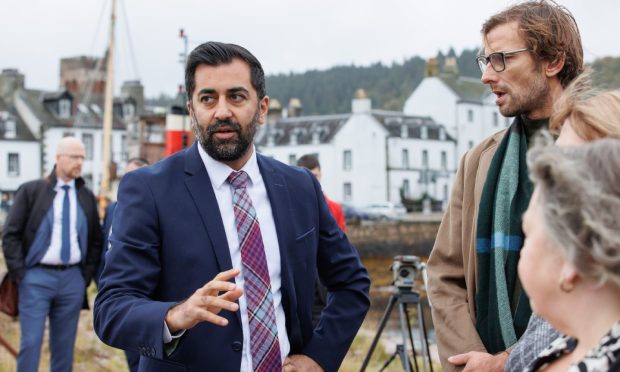
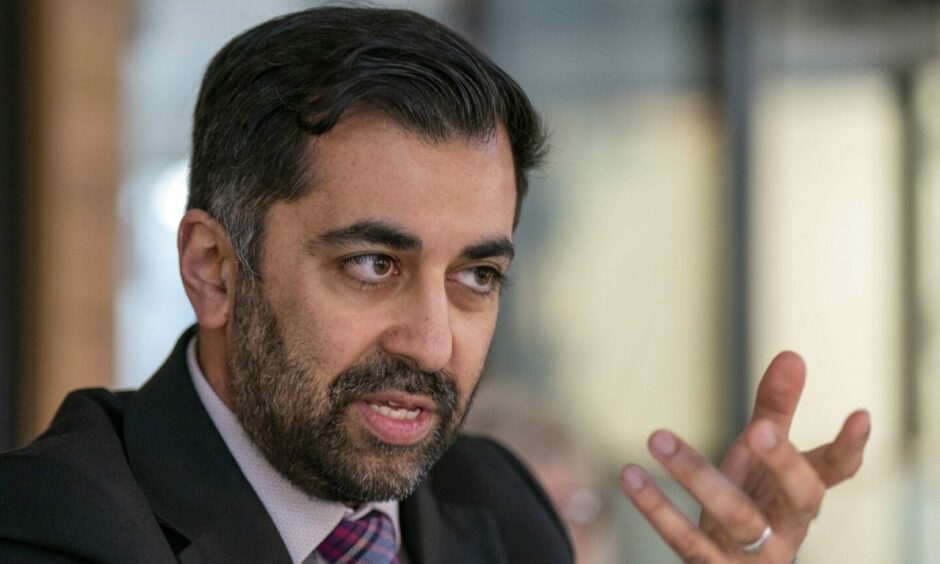
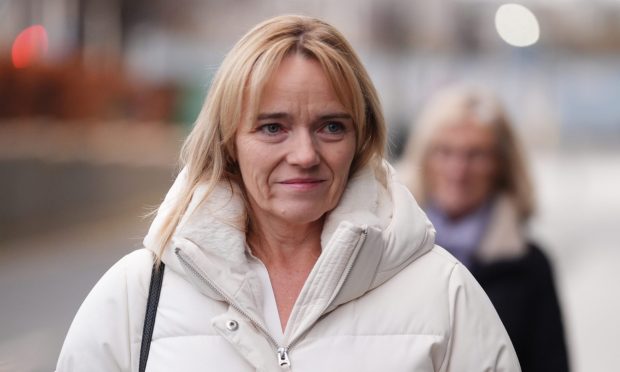


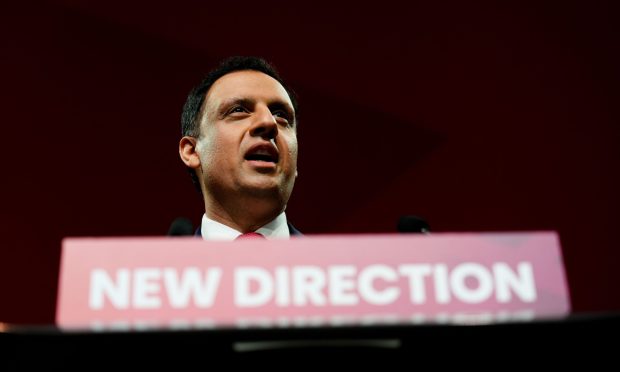

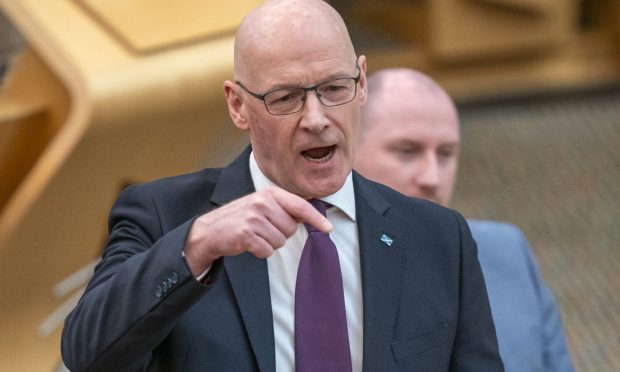
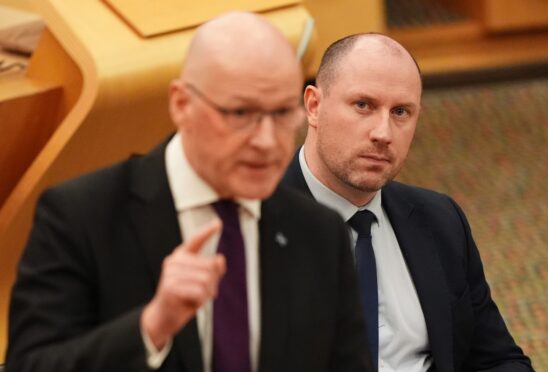
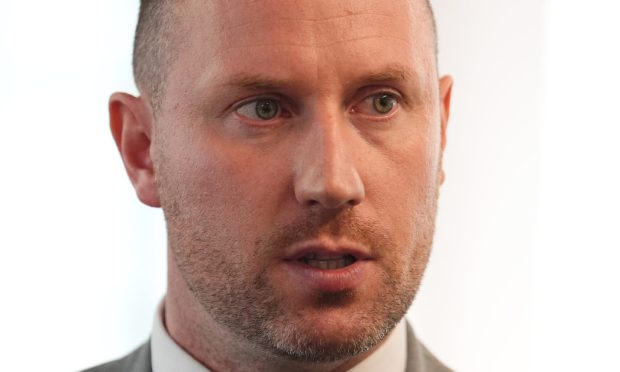
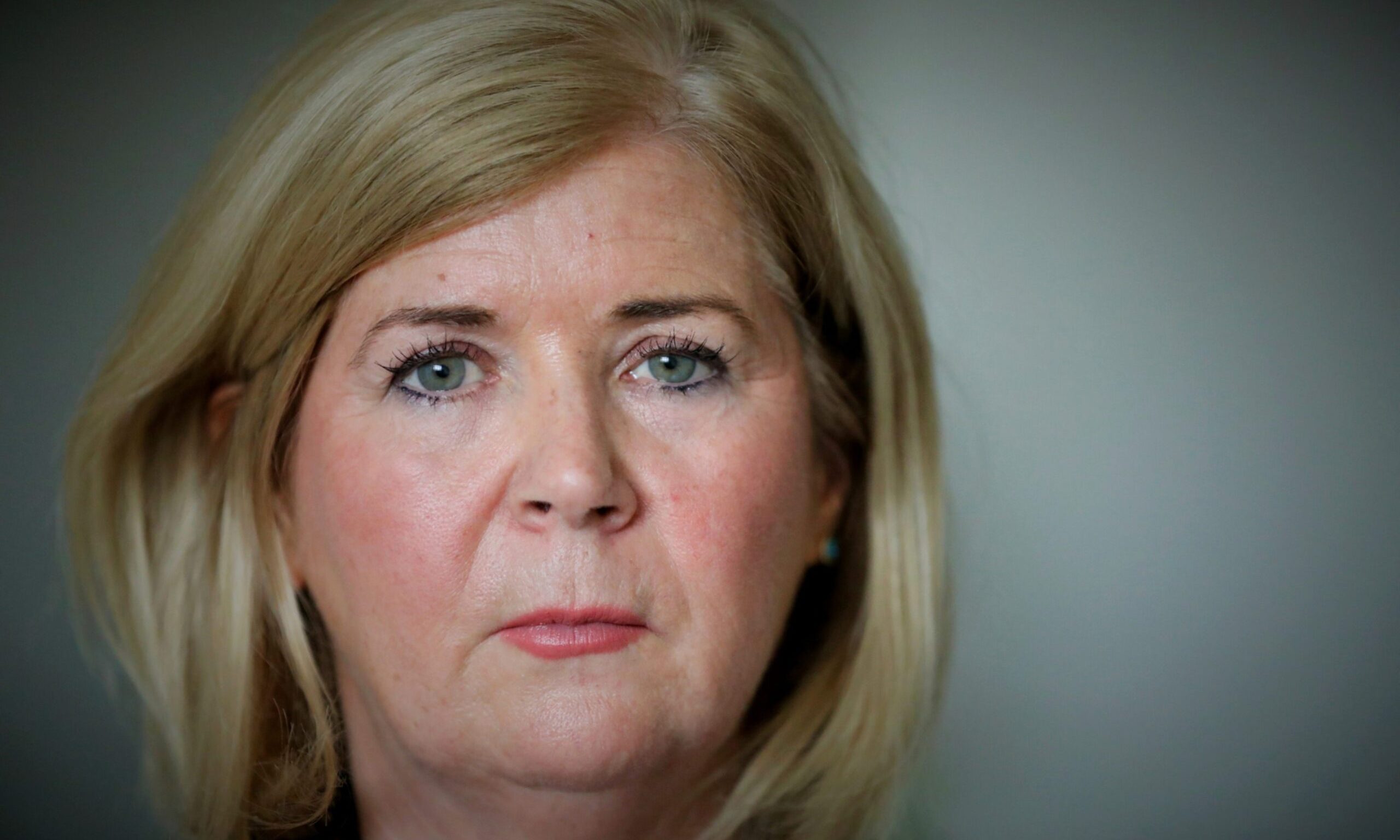
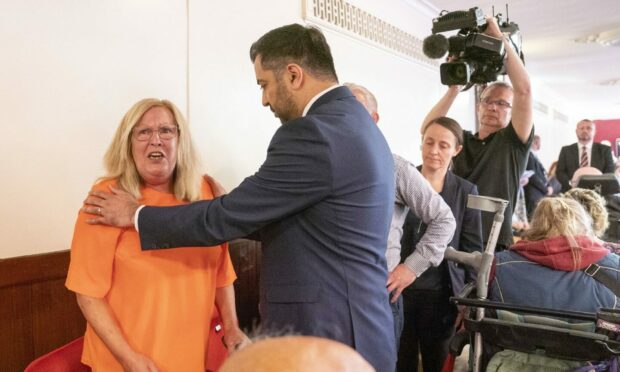
Conversation